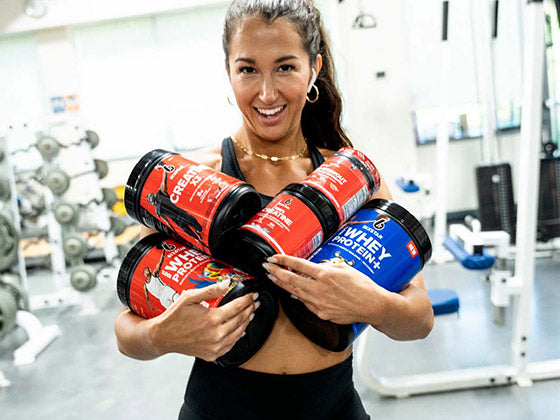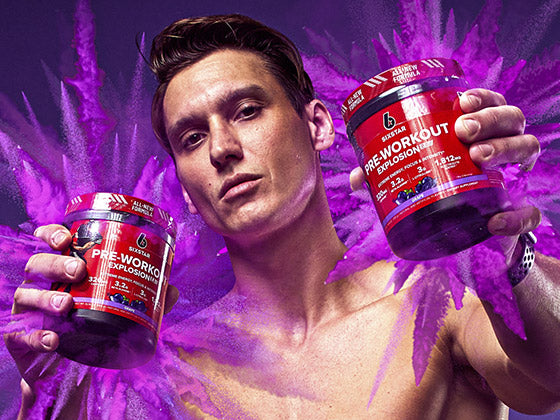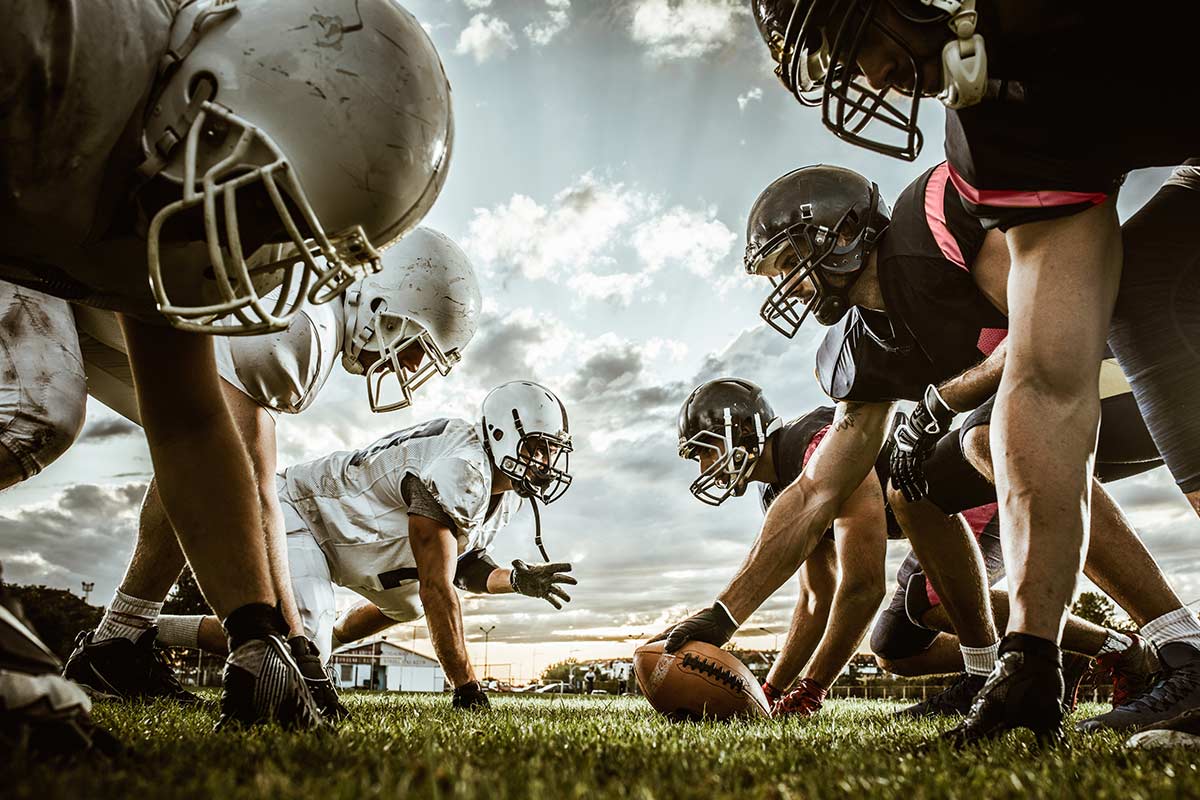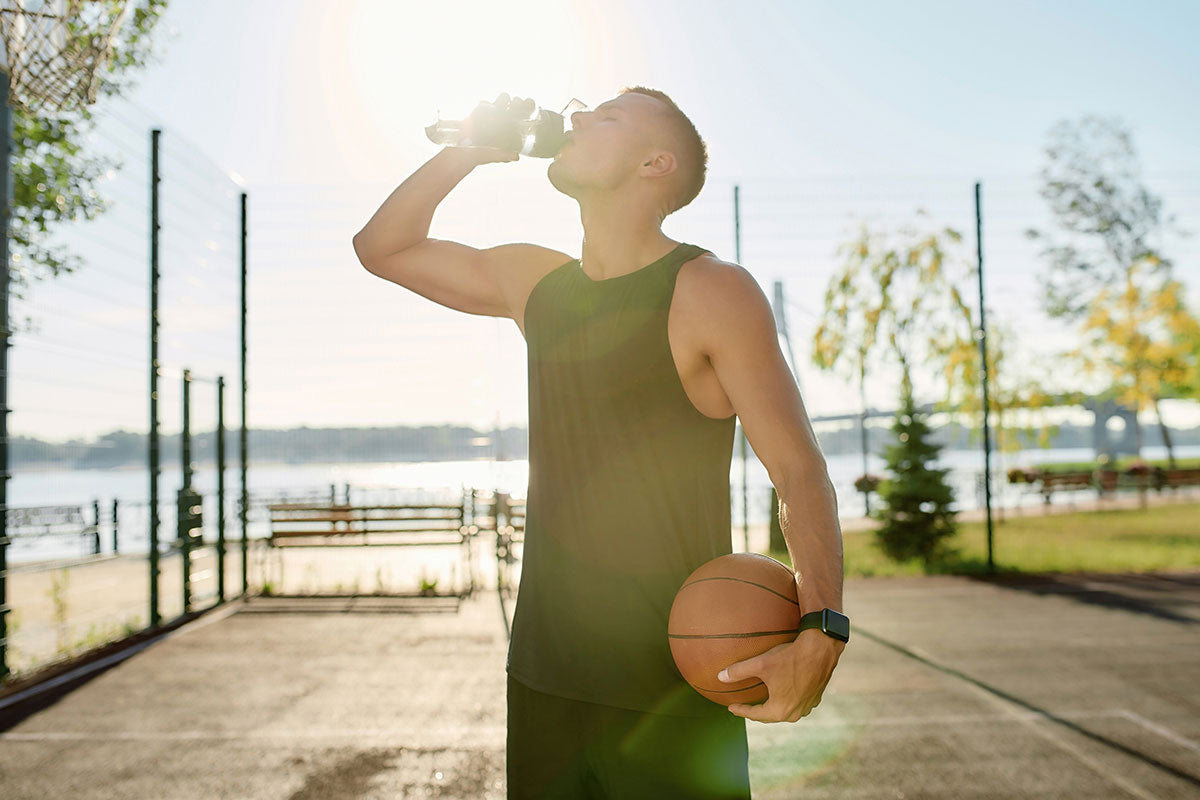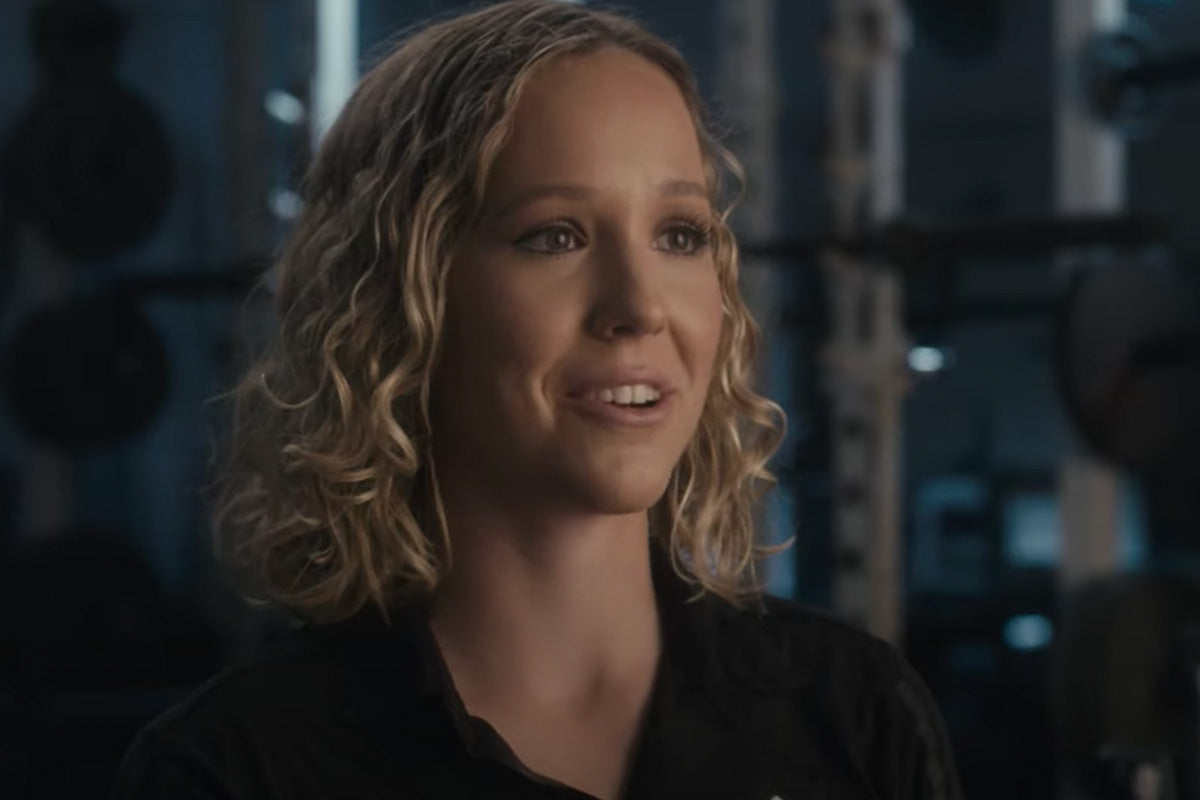The best athletes in the world are always looking for a competitive advantage, a way to take their performance to the next level. That’s because they know that if they’re not producing on the field or court, then their teams (or organizations) will replace them with athletes who can get the job done instead.
In order to continue performing at a high level, elite athletes prioritize taking care of their bodies and minds, especially since research shows that athletes’ peak performance occurs somewhere between 20 and 30 years old, before undergoing an “irreversible” decline.
Take baseball, for example. “For overall performance, multiple-regression estimates indicate that hitters and pitchers peak around the age of 29,” according to a study published in the Journal of Sports Sciences. “Athletic skills such as hitting and running peak earlier than skills that rely heavily on experience and knowledge, such as issuing and drawing walks.”
So, while it appears that there are certain things that athletes can do mentally to elongate their careers, such as being a student of the game and using their overall sports IQ to their advantage, there’s also no denying that, “athletic performance obviously decreases as people get older and their bodies wear down physically,” as a WIRED article, “For Athletes’ Peak Performance, Age Is Everything,” explains.
Aware that they only have a limited amount of time to participate in the sports that they love, at least at the highest levels of competition, elite athletes are often left wondering: Is there anything that they can do to stretch, or enhance, their athletic careers?
Benefits Of Testosterone For Athletes
Prior to puberty, research shows that there is “no sex difference in circulating testosterone concentrations and athletic performance.” But that changes when testosterone levels typically peak during adolescence and early adulthood.
“From male puberty onward, the sex difference in athletic performance emerges as circulating testosterone concentrations rise as the testes produce 30 times more testosterone than before puberty, resulting in men having 15-to-20 fold greater circulating testosterone than children or women at any age,” according to a review, Circulating Testosterone as the Hormonal Basis of Sex Differences in Athletic Performance. “This wide bimodal sex difference in circulating testosterone concentrations and the clear dose-response relationships between circulating testosterone and muscle mass and strength, as well as the hemoglobin level, largely account for the sex differences in athletic performance.”
In fact, one of the main justifications as to why elite athletic competitions should have separate male and female events is because of “men’s physical advantages in strength, speed, and endurance.”
The review also states that:
The striking male postpubertal increase in circulating testosterone provides a major, ongoing, cumulative, and durable physical advantage in sporting contests by creating larger and stronger bones, greater muscle mass and strength, and higher circulating hemoglobin as well as possible psychological (behavioral) differences. In concert, these render women, on average, unable to compete effectively against men in power-based or endurance-based sports.
Then, a few years ago, the governing body of world athletics barred a women’s track and field athlete from competition for high testosterone levels, which is primarily a male hormone. The governing body of world athletics then justified its decision after a study found that “women with higher testosterone could run longer and had more lean muscle mass.”
How Testosterone Can Enhance Performance In Sports
Testosterone is a hormone that helps maintain men’s muscle mass and strength, fat distribution, and bone density. It also plays a key role in a person’s mood and quality of life.
Starting at age 30, the amount of testosterone in a man’s body gradually drops approximately 1% per year throughout his life. This is important for male athletes to know since lower testosterone levels may lead to physical changes in men, such as reduced muscle bulk and strength, increased body fat, and decreased bone density. Obviously, adding body fat and losing muscle bulk and strength, as well as bone density, is not ideal for any athlete.
After all, research shows that “an increase in lean body mass contributes to strength and power development,” as well as speed, quickness, and agility performance, while “additional body fat can limit endurance, balance, coordination, and movement capacity.” Plus, strong bones help support muscles and internal organs, which can boost athletic performance.
Additional research suggests that, “Testosterone may promote athletic performance, not only through its long-term anabolic actions, but also through rapid effects on behavior.” Low testosterone may contribute to a decrease in motivation or self-confidence, which can be detrimental for athletes who need to train, and have their head in the game.
Meanwhile, another review suggests that high-testosterone individuals have increased motivation to compete in sports as a function of testosterone’s positive influence on dominance striving, which is also known as power motivation.
“Knowing that power-motivated individuals are motivated to pursue dominance and find dominance experiences rewarding, the positive association between testosterone and power motivation suggests that high testosterone individuals may be the individuals most motivated to pursue athletic competition,” according to the review.
Testosterone is also positively associated with a couple of traits and behaviors that might foster advantages in competitive sports, such as testosterone being associated with reduced responses to startling stimuli and testosterone being associated with reduced empathy. This, in turn, may promote an increased willingness and interest in winning and attaining dominance over one’s competition, creating a “win at all costs” type of mindset.
Sports Where Higher Testosterone Has The Greatest Benefit
“Abundant research has shown the physiological effects of testosterone use: increased muscle size and strength, aerobic endurance, decreased fat mass, faster recovery from high exertion exercise, and increased muscular power,” according to a review published in The Sport Journal. “These effects can translate individually or in combinations to assist athletes in nearly every sport.”
That said, athletes like football linemen or heavy weight wrestlers – who need to be large in both stature and mass –may benefit from higher testosterone since testosterone is responsible for increased muscle mass.
Since leaner body mass also helps control weight and increases energy, athletes such as gymnasts, boxers, weightlifters, mixed martial artists, high jumpers, pole vaulters, and weightlifters may also benefit from having a high strength-to-mass (and power-to-mass) ratio.
What Are The Benefits Of Taking A Testosterone Booster For Athletes?
A testosterone booster, or testosterone supplement, may help increase the level of testosterone a person’s body produces. Some potential benefits of taking a testosterone booster, include building muscle, increasing energy levels, improving mood, increasing sex drive, and feeling younger.
However, not all testosterone boosters are created equally. Six Star Testosterone Booster is an effective, testosterone-boosting formula engineered for all male athletes that’s backed by science.
Six Star Testosterone Booster is formulated with a precise dose of the mineral boron, which is shown in clinical research to increase active (free) testosterone in just seven days. It also helps all male athletes, active men, strength trainers, bodybuilders, and fitness enthusiasts maintain a peak testosterone-to-cortisol ratio since it’s scientifically engineered with a unique, plant-based blend.
In fact, Six Star Testosterone Booster was found to help maintain a peak testosterone-to-cortisol ratio after an intense training regimen in a 7-week human clinical study. This is important because a peak testosterone-to-cortisol ratio will ensure that you’ll reap the performance, strength, and growth benefits of testosterone.
When Should An Athlete Consider Raising Their Testosterone Levels For Better Performance?
Athletes may be interested in boosting their testosterone levels if they have hypogonadism (or low testosterone levels), or need testosterone replacement therapy for other conditions.
Certain vitamins (such as vitamin D and zinc) and foods (like garlic, tuna, egg yolks, and oysters) may also help boost testosterone levels.
Typically, testosterone treatments are not necessary if your testosterone levels fall within the normal range.
